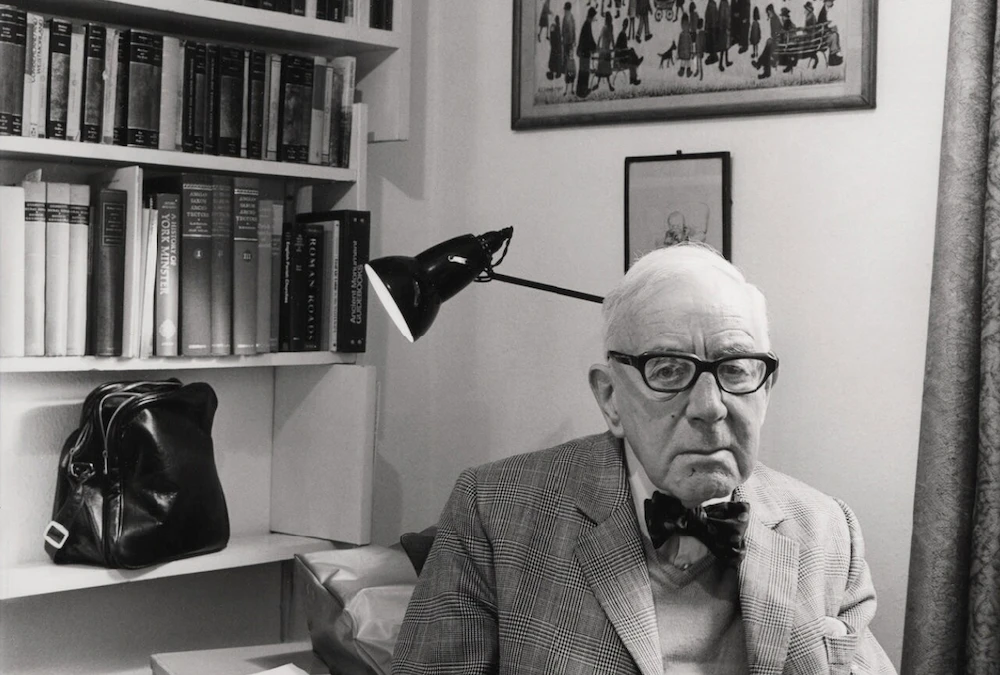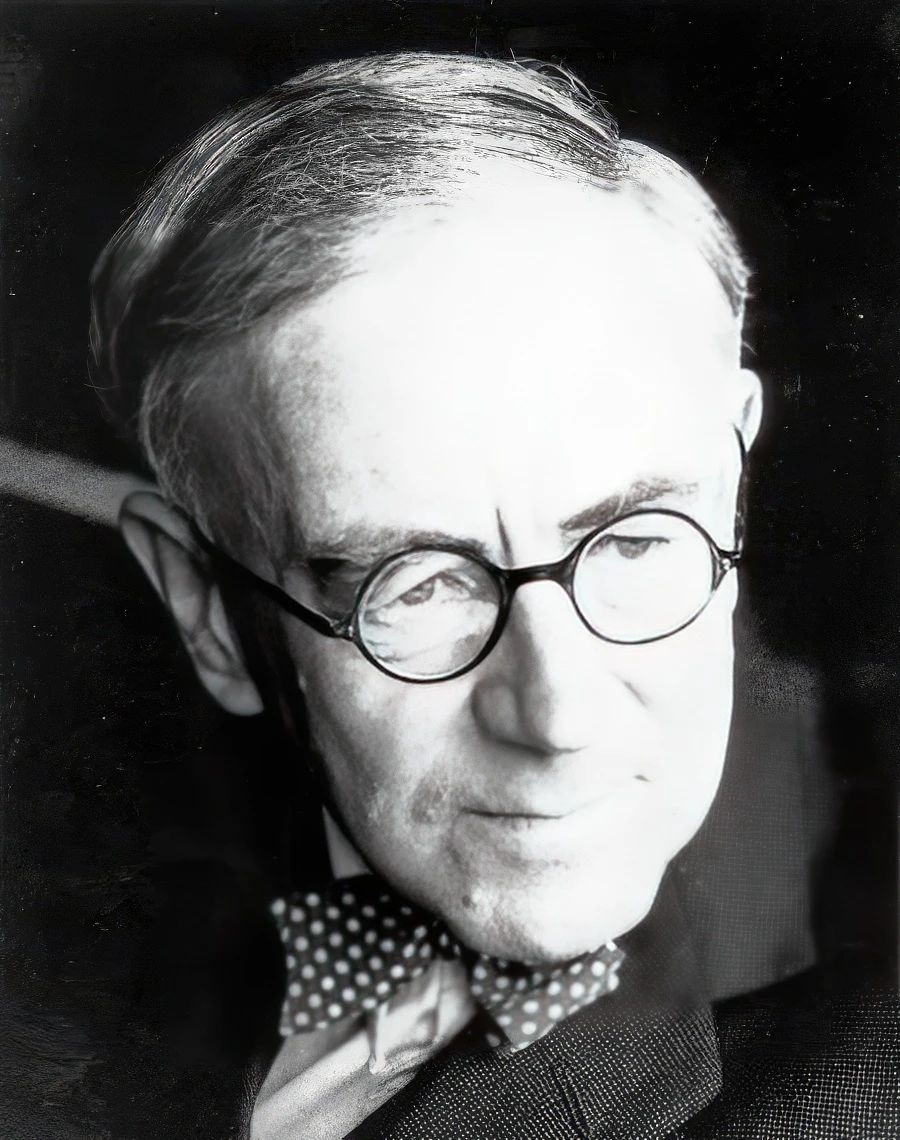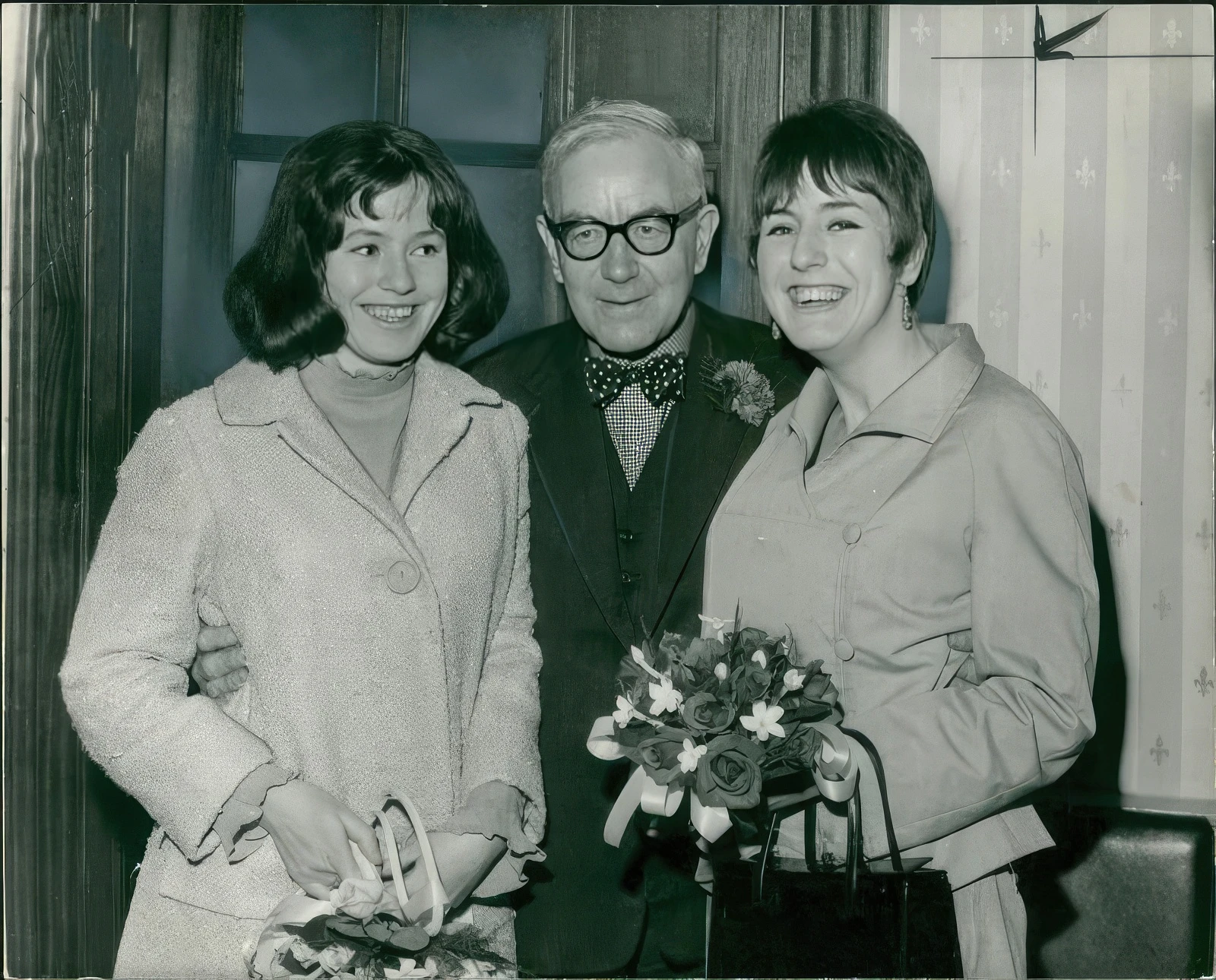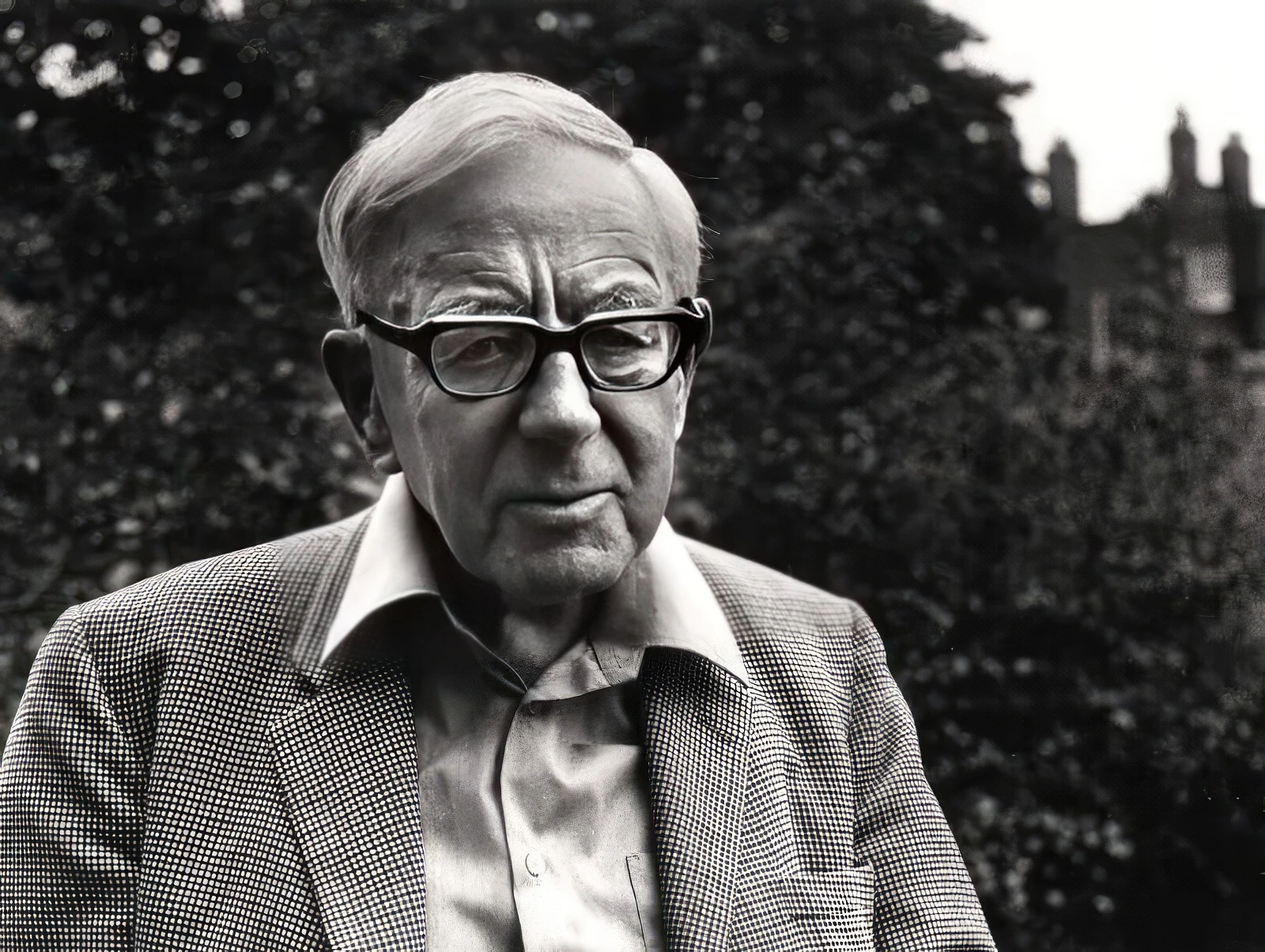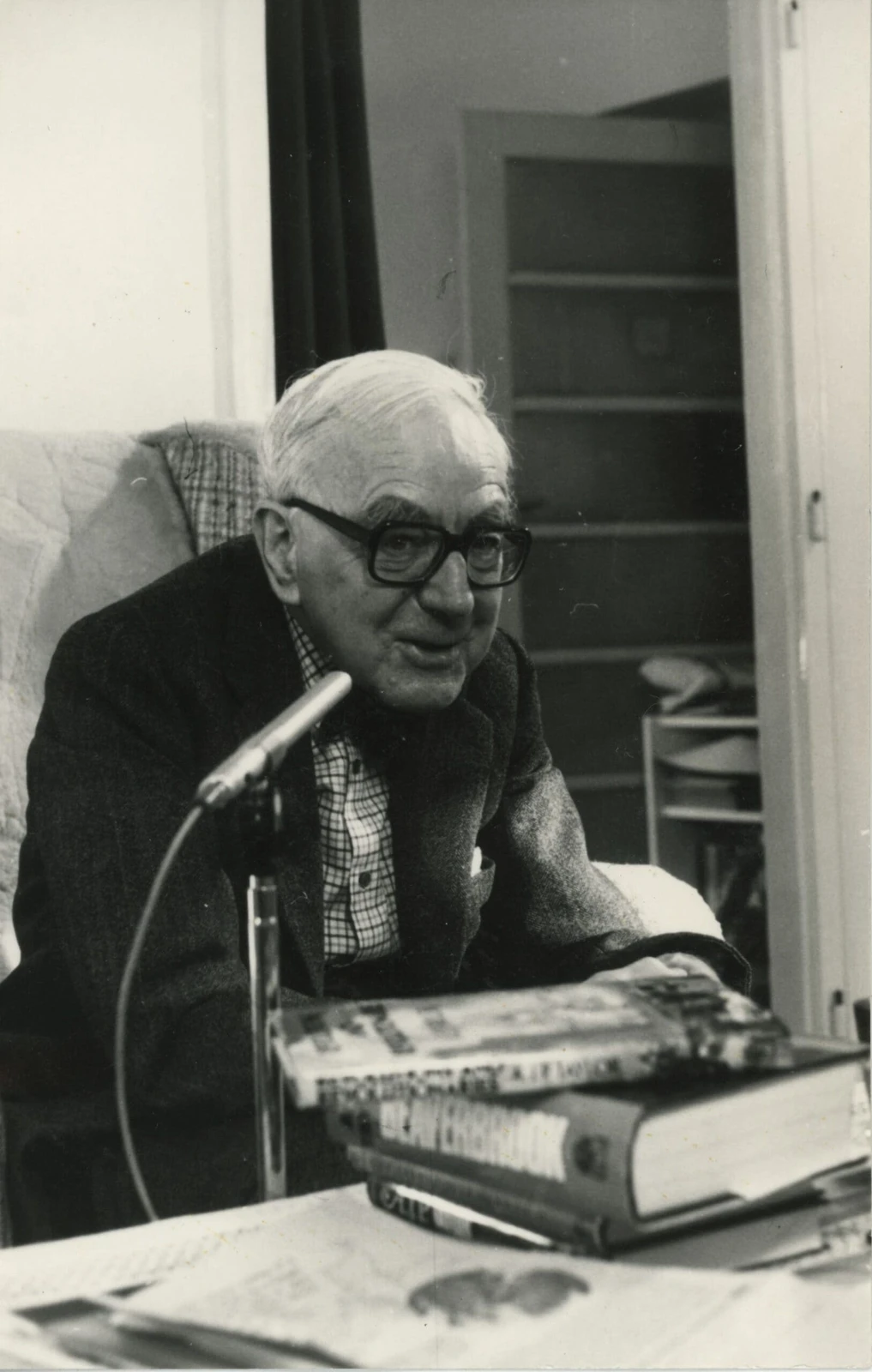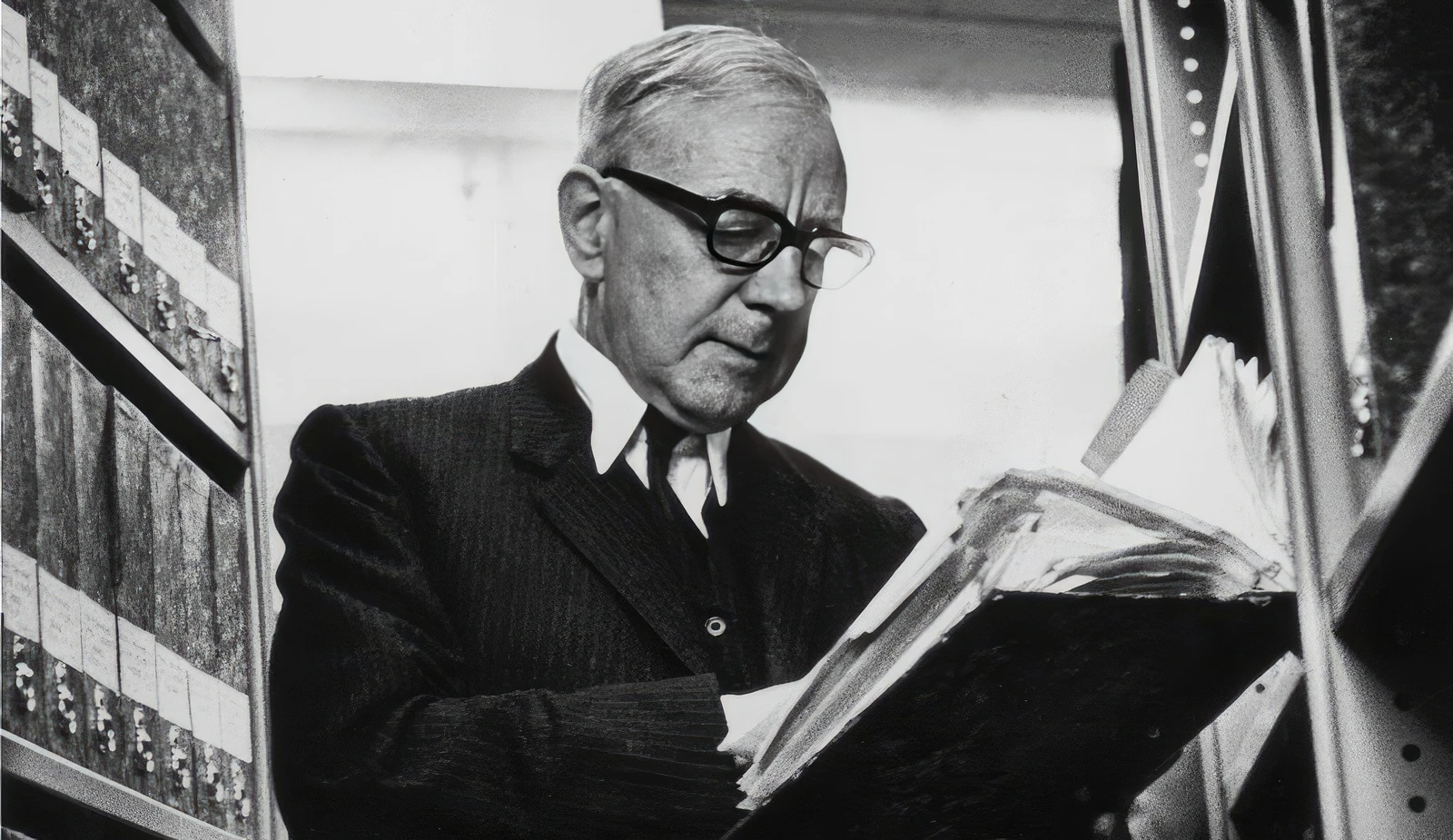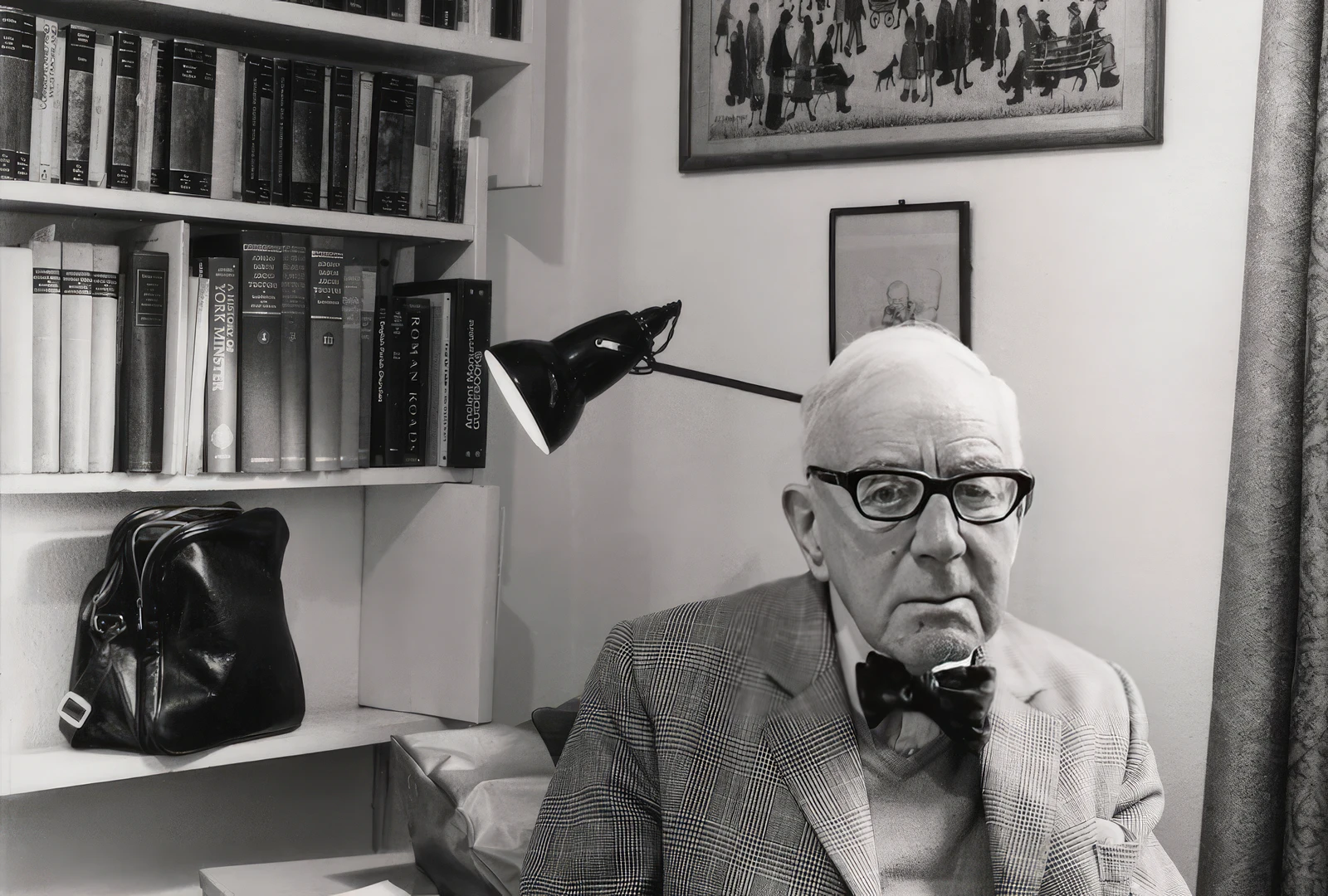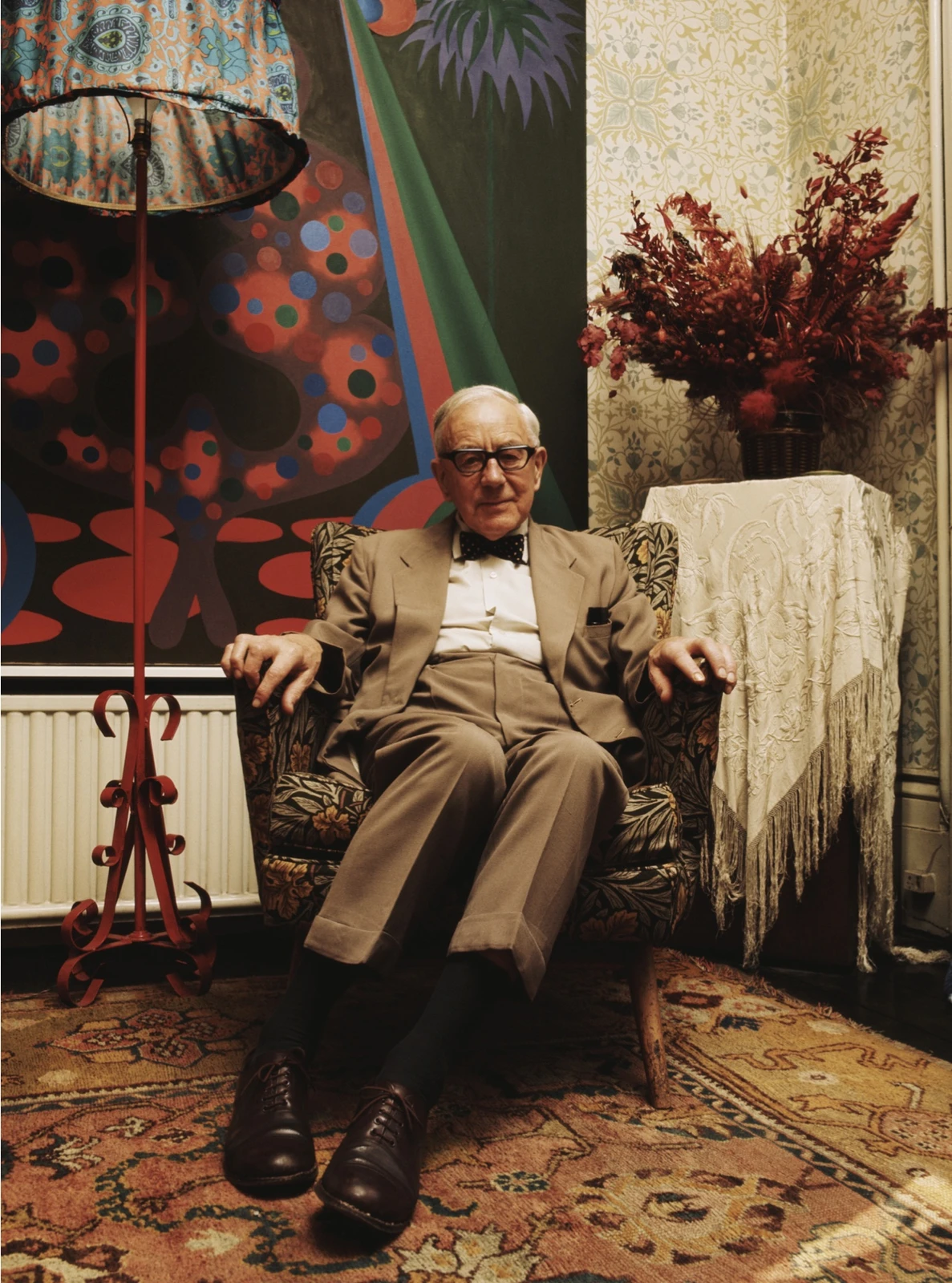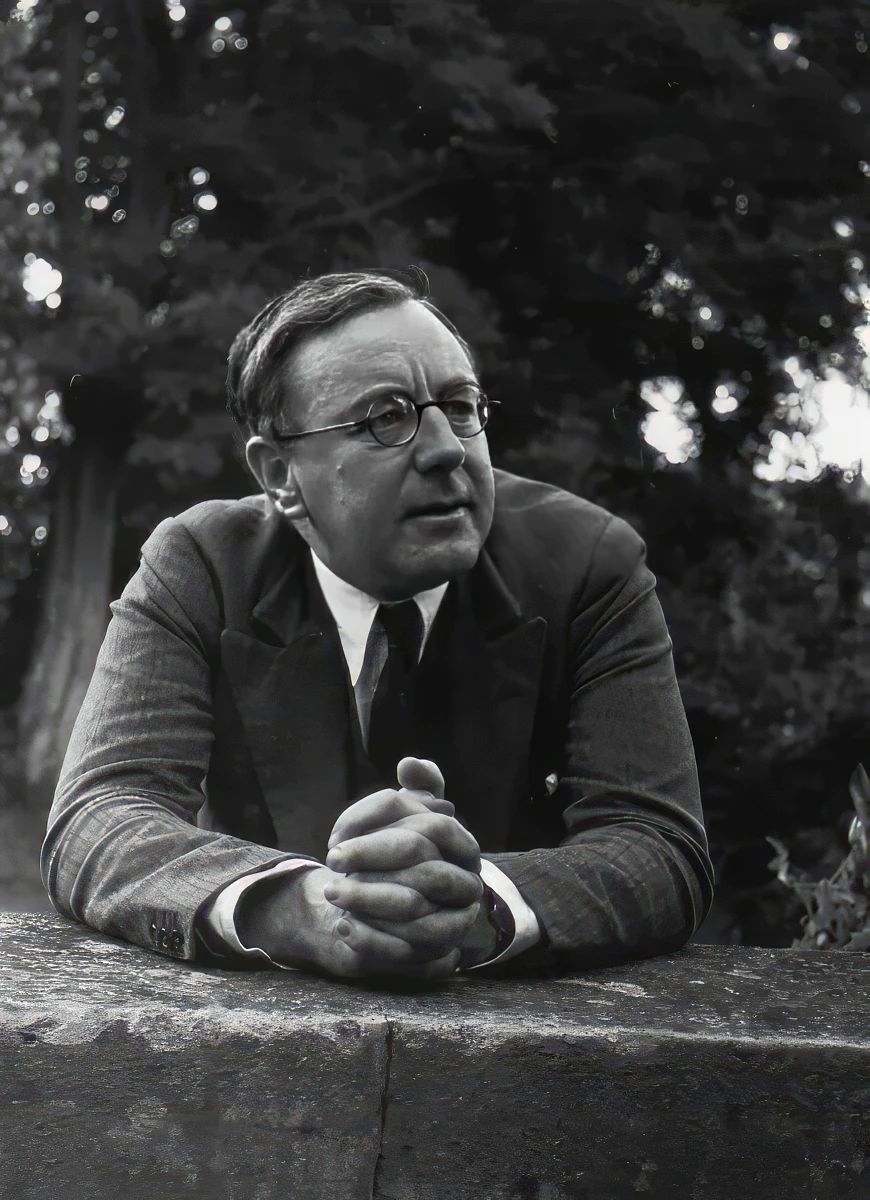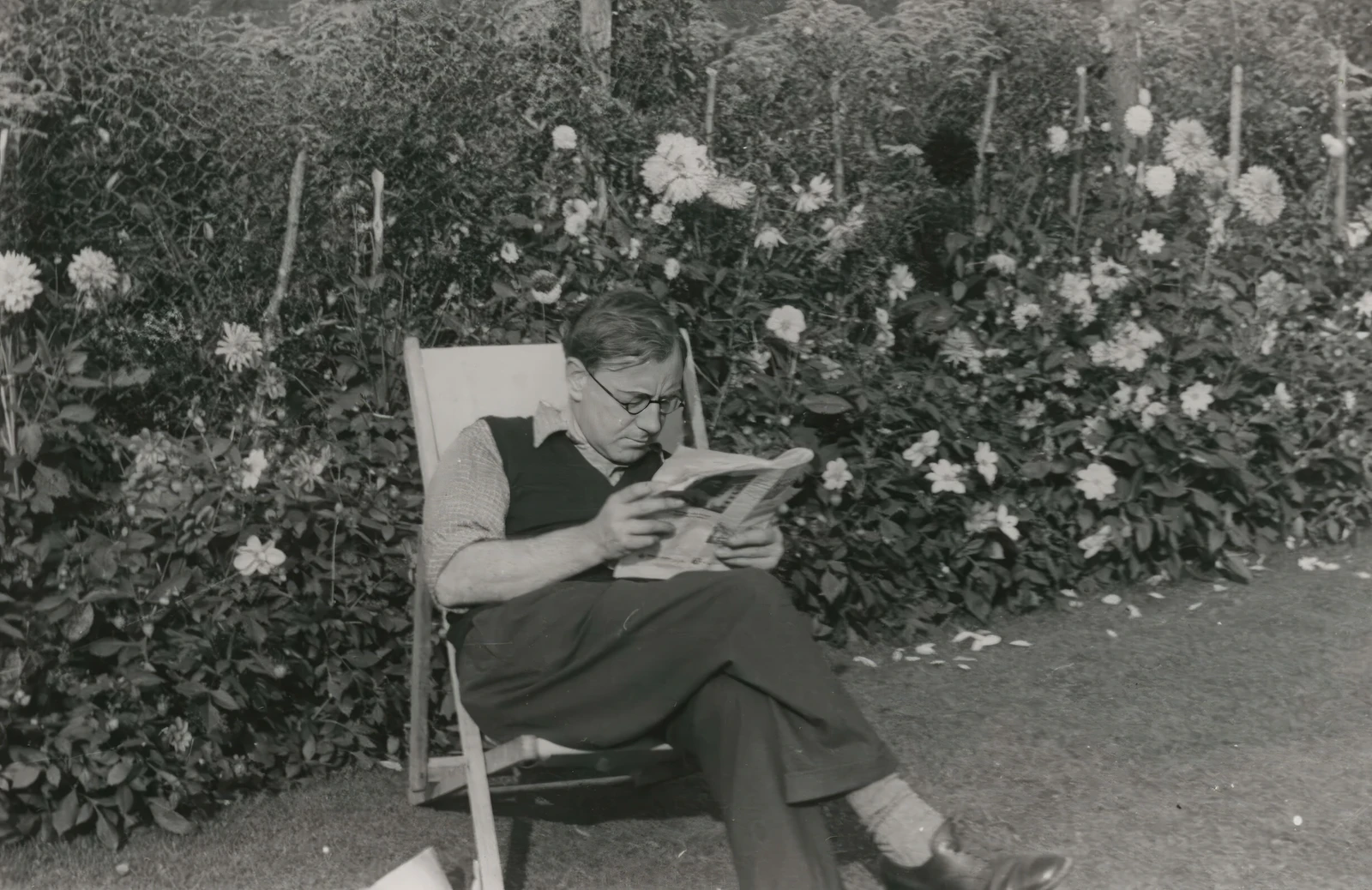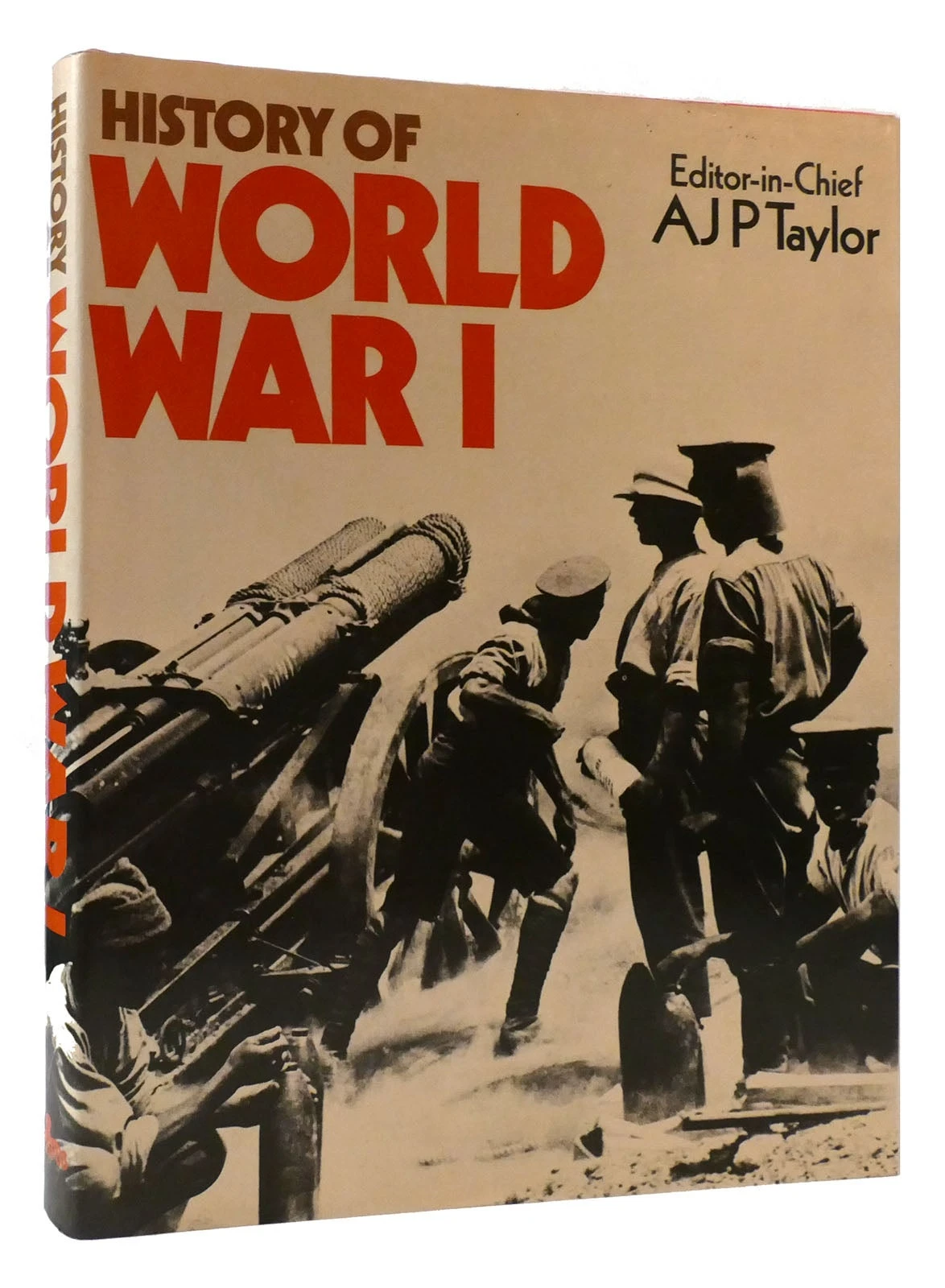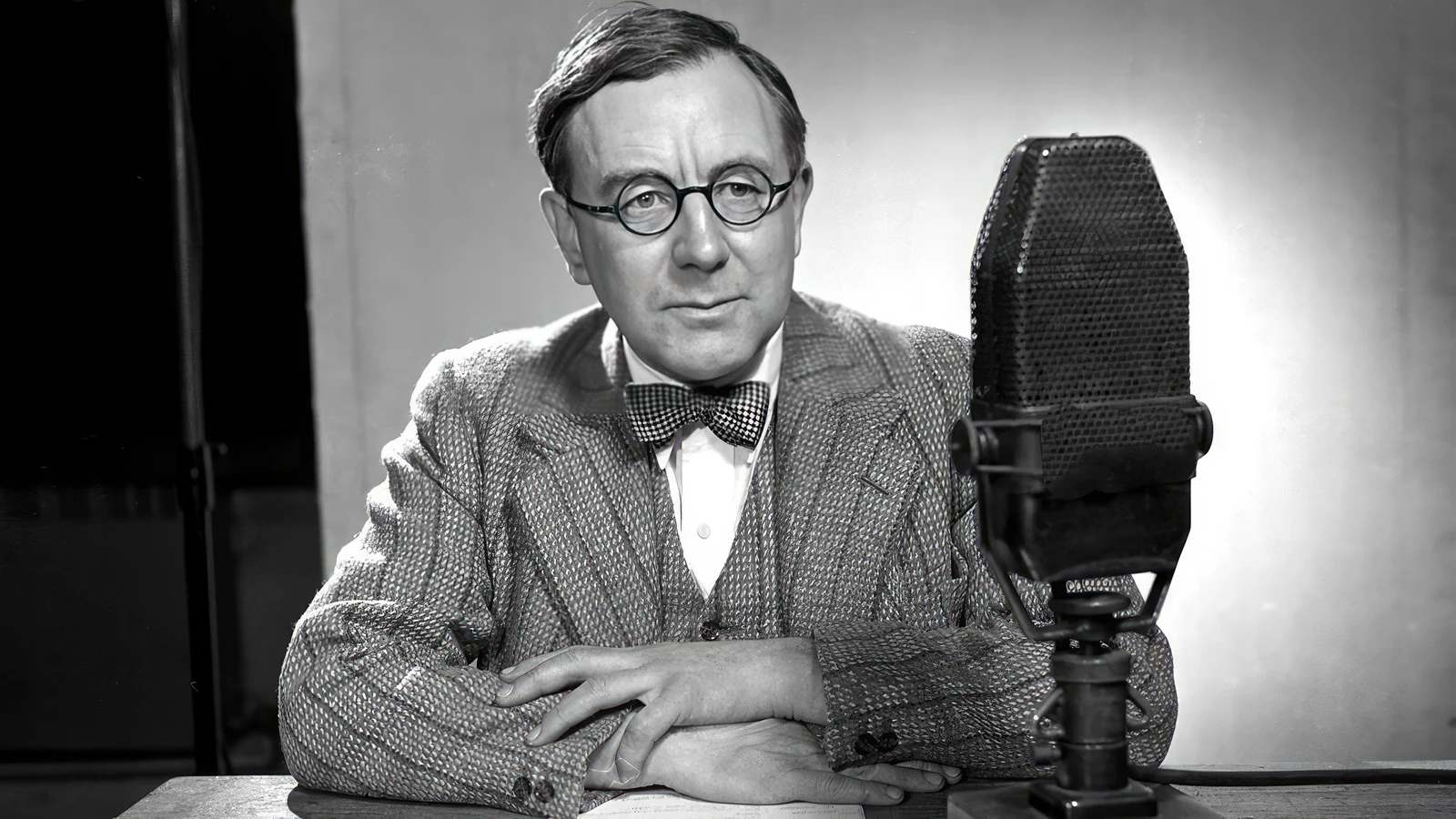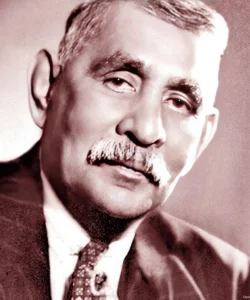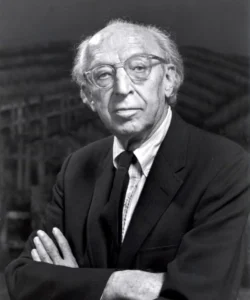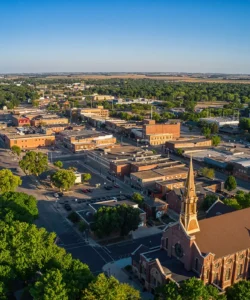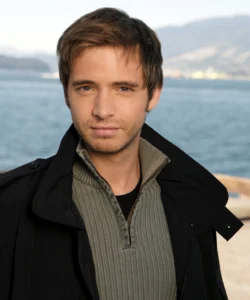A. J. P. Taylor was a prominent British historian, journalist, and broadcaster, widely known for his engaging writing style, sharp wit, and often controversial interpretations of 19th and 20th-century European diplomatic history. He was a pioneer in making history accessible to a wide public through his frequent appearances on radio and television.
Listen to an introduction about A. J. P. Taylor

Name: Alan John Percivale Taylor (commonly known as A. J. P. Taylor)
Date of birth: March 25, 1906
Died: September 7, 1990 (aged 84), in London, England.
Height: Information not widely available.
Place of birth: Birkdale, Southport, Lancashire, England.
Family:
- Parents’ names: Percy Lees Taylor (father, a cotton merchant) and Constance Sumner Thompson (mother, a schoolmistress). His parents were Radical Liberals and pacifists during World War I, which strongly influenced his early political views.
- Siblings: He was the only surviving child of his parents.
- Spouse:
- Margaret Adams (m. 1931; div. 1951)
- Eve Crosland (m. 1951; div. 1974)
- Eva Haraszti (m. 1976), a Hungarian historian.
- Children: He had six children from his three marriages: Giles, Sebastian, Amelia, Sophia, Crispin, and Daniel.
- Relatives: His grandson, Ben Taylor, is also a historian.
Profession: Historian, journalist, broadcaster, author.
Nationality: British (English)
Religion: He was born to Nonconformist parents and educated at Quaker schools, reflecting his parents’ pacifist stance. While he grew up in a non-conformist background, he was described as “irreligious” in his Oxford days and his personal religious views are not a prominent feature of his public biography.
College or university attended:
- Bootham School (York)
- Oriel College, Oxford University (graduated with first-class honours in Modern History in 1927). He also spent time studying diplomatic history in Vienna in 1928.
Biography and What Famous For:
A. J. P. Taylor grew up in a comfortable, left-wing household, influenced by his parents’ radical liberal and pacifist views. After graduating from Oxford, he initially considered a career in law but soon gravitated towards history. He began his academic career as a lecturer at Manchester University from 1930 to 1938. In 1938, he became a Fellow of Magdalen College, Oxford, a position he held until 1976.
Taylor was a prolific writer and a highly influential historian of 19th and 20th-century European diplomatic history. He was known for his sharp intellect, his ability to synthesize complex information, and his often provocative interpretations of historical events.
A. J. P. Taylor is most famous for:
- His Controversial Book, “The Origins of the Second World War” (1961): This is arguably his most widely read and debated work. In it, Taylor argued against the conventional view that Adolf Hitler had a master plan for war. Instead, he maintained that the war was largely a result of a series of miscalculations and blunders by various European powers, and that Hitler was more of an opportunist responding to circumstances rather than a sole instigator. This revisionist perspective caused immense controversy and debate among historians.
- Being a Pioneer of “TV History”: Taylor became a household name in Britain through his frequent and engaging appearances on BBC radio and television. He was known for delivering complex historical lectures without notes, speaking directly to the camera with wit and clarity. This made history accessible to a mass audience and earned him the nickname “the TV Don.” His shows, like “How Wars Begin,” were hugely popular.
- His Distinctive Prose Style and Journalism: Beyond academia, Taylor was a regular columnist and reviewer for prominent newspapers like the Manchester Guardian and the Observer. His writing was characterized by its clarity, wit, and often polemical tone, making him a compelling and widely read commentator on contemporary affairs and history.
- Key Historical Works: While “The Origins of the Second World War” is his most famous, other significant scholarly contributions include:
- “The Struggle for Mastery in Europe, 1848–1918” (1954): This comprehensive work on European international politics is considered one of his greatest academic achievements.
- “English History, 1914–1945” (1965): This book, part of the Oxford History of England series, became highly popular.
- “The Course of German History” (1945): A best-seller that explored German history since 1815.
Taylor was known for his idiosyncratic and independent leftist views, his strong anti-war stance (later softened to anti-nuclear), and his willingness to challenge established narratives. Despite sometimes alienating colleagues with his opinions and public persona, he left a lasting legacy as both a respected scholar and a popularizer of history.
Have participated:
Academic Career:
- Lecturer in History at Manchester University (1930–1938)
- Fellow of Magdalen College, Oxford (1938–1976)
- Ford’s Lecturer in English History at Oxford (1956)
- Leslie Stephen Lecturer at Cambridge (1961)
Major Historical Works (Selected):
- The Italian Problem in European Diplomacy, 1847–1849 (1934)
- The Course of German History: A Survey of the Development of Germany since 1815 (1945)
- The Habsburg Monarchy 1809–1918 (1948, revised edition 1948)
- The Struggle for Mastery in Europe 1848–1918 (1954)
- Bismarck: The Man and the Statesman (1955)
- The Trouble Makers: Dissent over Foreign Policy, 1792–1939 (1957)
- The Origins of the Second World War (1961)
- The First World War (1963)
- English History 1914–1945 (1965)
- How Wars Begin (1979)
- A Personal History (autobiography, 1983)
Broadcasting:
- Regular appearances on BBC Radio (from 1942)
- Regular appearances on BBC Television, including “How Wars Begin” (1977)
Journalism:
- Contributor and columnist for The Manchester Guardian, New Statesman, The Observer, and Sunday Express.
Activism:
- Leading figure in the Campaign for Nuclear Disarmament (CND) in the 1950s.
- Spoke against British military action during the Suez Crisis (1956).

